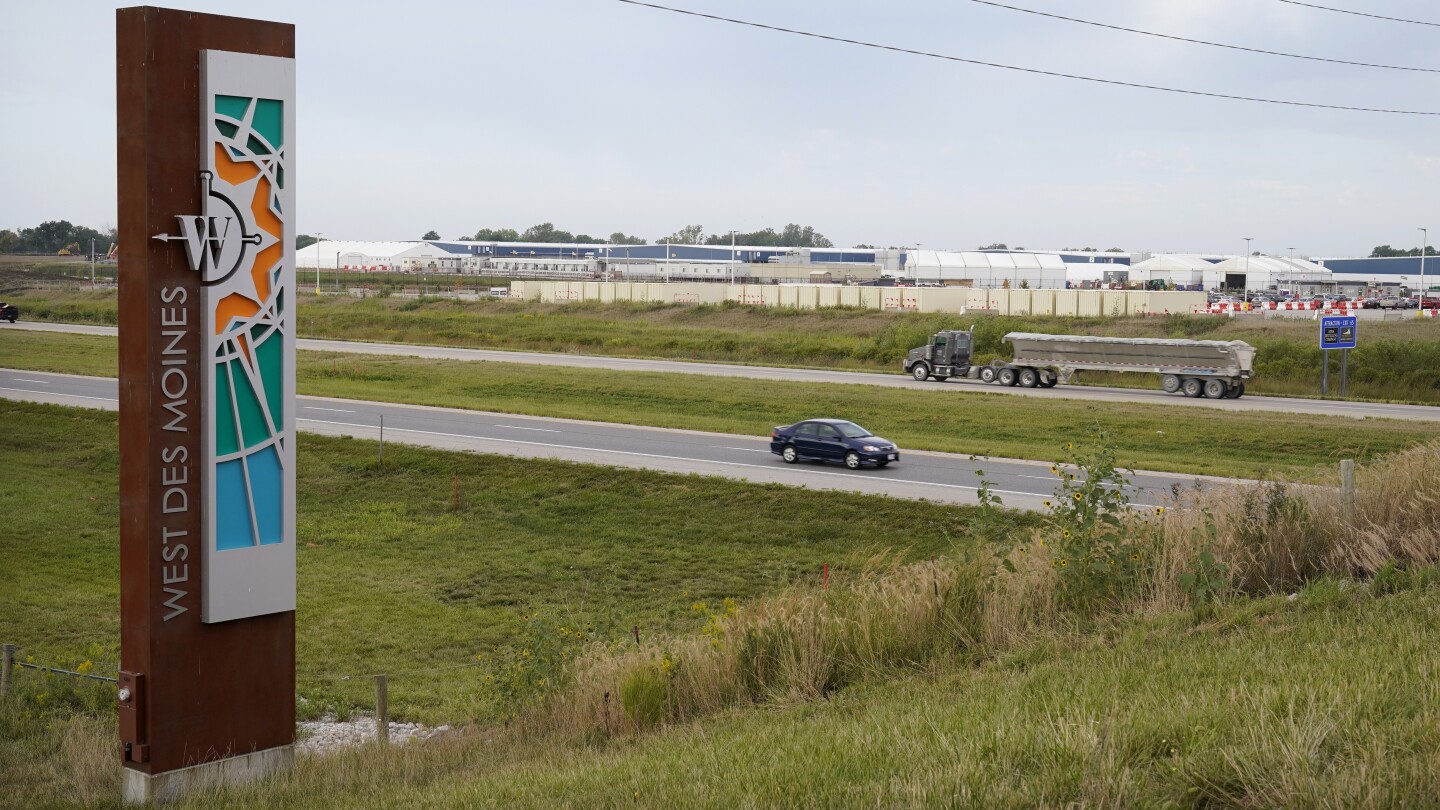But one thing Microsoft-backed OpenAI needed for its technology was plenty of water, pulled from the watershed of the Raccoon and Des Moines rivers in central Iowa to cool a powerful supercomputer as it helped teach its AI systems how to mimic human writing.
As they race to capitalize on a craze for generative AI, leading tech developers including Microsoft, OpenAI and Google have acknowledged that growing demand for their AI tools carries hefty costs, from expensive semiconductors to an increase in water consumption.
But they’re often secretive about the specifics. Few people in Iowa knew about its status as a birthplace of OpenAI’s most advanced large language model, GPT-4, before a top Microsoft executive said in a speech it “was literally made next to cornfields west of Des Moines.”



If this was potatbpe water from municple sources, it may well include things like drinking water, toilets, etc or it could have been sent out of a sprinkler or evaporative coolers.
According to page 6 of this PDF fact sheet MS uses third party sources, meaning municipal water systems, withdrawing 10,665 megaliters and discharging 4307 megaliters.
1 megaliter = 1,000,000 liters 1,000,000 liters = 219,969.3 gallons
Yea I understood that, was just curious what happened with the water that wasn’t discharged
It was consumed, either through evaporation, sewage, drinking water, etc.